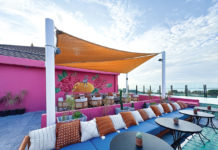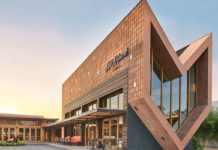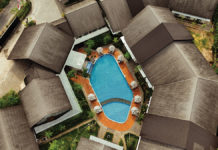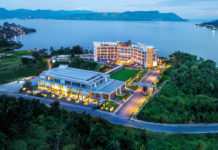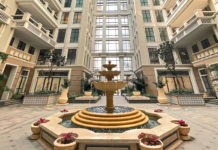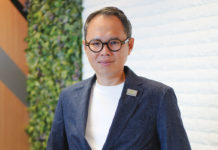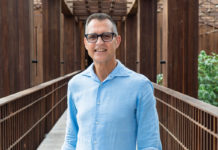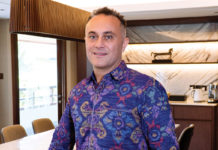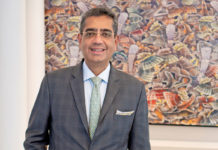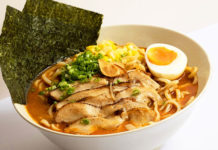Being a camp counsellor in her hometown of Ontario has kickstarted Meredith Phinney’s journey in education. Now as the deputy head of school at Bali Island School, Meredith shares her insights on the world of learning.
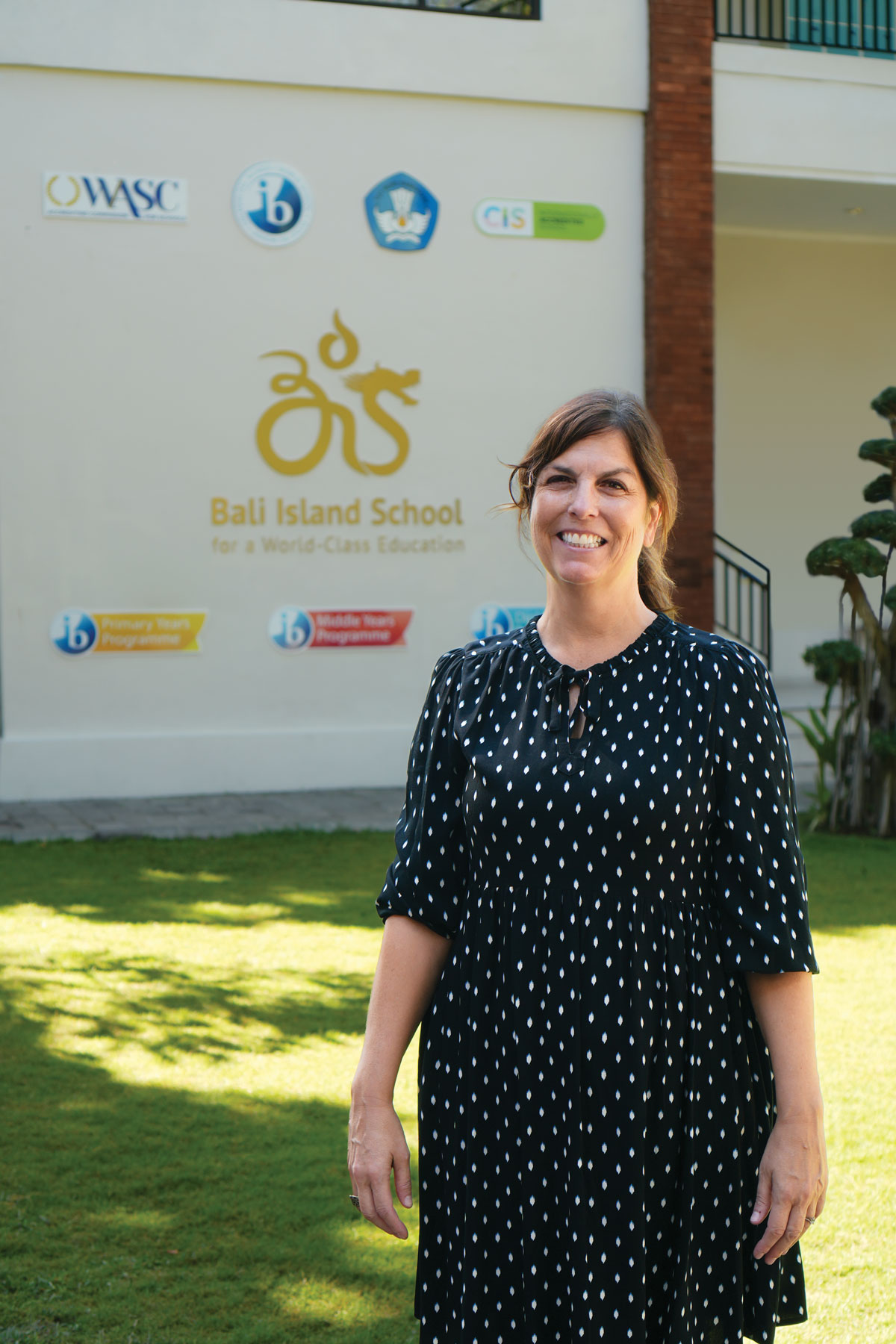
Q: How did you first get into the world of education? Has it always been your passion?
A: It was something that I grew into and became passionate about over time. For many years I was a camp counsellor at an all-girls camp in northern Ontario, Canada. I loved being a counsellor, coaching tennis, lifeguarding, canoeing, sleeping in a cabin/tent, roasting marshmallows and singing songs. After working there, I decided to apply for my Bachelor of Education. Truthfully, I had never loved school. While I like structure, I also wanted a sense of joy or fun in learning, and I did not have that much in my middle school years. I decided I wanted to be the kind of teacher who I thought kids needed – one who valued creativity and connections with their students above all else.
Q: How do you see the educational system in Indonesia (especially in Bali), and how do you think it can be improved?
A: From what I have seen at Bali Island School, I think the Indonesian educational system is something that is constantly examining itself and asking how we can be better. Inquiry learning, values-based and character education are all part of Indonesian studies and this is an ongoing process. An appreciation for different cultures, religions and backgrounds helps to round it out; as well as a focus on service learning. In my opinion, these are all important components of a good educational foundation for students. Any educational system that looks at change, not for change’s sake, but for the betterment of its students is to be respected.
Q: Bali Island School is known for its excellent International Baccalaureate Diploma Programme (IB DP). How does it differ or excel from other educational programmes?
A: The real difference in the IB Diploma Programme is its core and the freedom that it offers students. I always liken it to a liberal arts education with a focus on ur passions and a wiggle room to make changes as you grow and develop. The core is the Theory of Knowledge Course (TOK), Creativity, Activity and Service (CAS) and the Extended Essay (EE). TOK allows students to expand their critical thinking skills, examine their viewpoints against others and debate essential topics and issues that are happening in our world today. CAS is so important because it empowers our students to create projects that will help their immediate community, their local communities or even the world around them. We want our students to graduate not only with solid scores but as people who value others and ultimately care about the world. It encourages that balance that we want and try to find as adults.
Finally, the EE prepares our students for the rigour that comes with university or a full-time job, it allows students to choose a subject or a topic that they are passionate about, and then write a 4000-word essay about it. This is tough; however, any student who puts in the time and effort and then seeks the guidance of their supervisor will hopefully be prepared for those research papers that will come when they head off to university or the gates beyond BIS.
I personally love the Primary Years Programme and Middle Years Programme for the commitment to the whole child! I have seen these programmes in action and when done well, they truly prepare our students for the two years of dedication needed to complete the IB DP.
Q: As a deputy head of school at BIS, you play a big role in shaping the minds and personalities of the young generation. What do you think is the biggest challenge in doing that?
A: Like anywhere, you have to build trust and create systems that will allow students and parents to want to support your initiatives. As well, you have to understand that each student is an individual. What might work for one student may not work for another. For me, the biggest change has been in the advent of technology. Finding a way to balance this to ensure that we are embracing 21st-century learning while at the same time protecting students and helping them to learn how to manage their time, stay focused and foster thinking skills with all of this technology at our fingertips. It’s a challenge that I did not foresee back when I first began teaching in 1999!
Q: What is the most rewarding moment throughout your career in education?
A: I think most recently my most rewarding moment was when I worked with a team to change the schedule at my previous school to make it student-centred. We introduced recess, brain breaks and cascading periods. However, it is those small moments, when you see a student who is struggling succeed or a teacher who can embrace change, and achieve their goals. Or simply sitting back, watching the school play, the basketball game, or a thought-provoking lesson. It’s the everyday moments with our students and teachers that make doing this job rewarding.
Asia Dreams Volume 51
Bali Island School
Jalan Danau Buyan IV, Sanur
Bali 80228, Indonesia
T: (+62) 361288770


